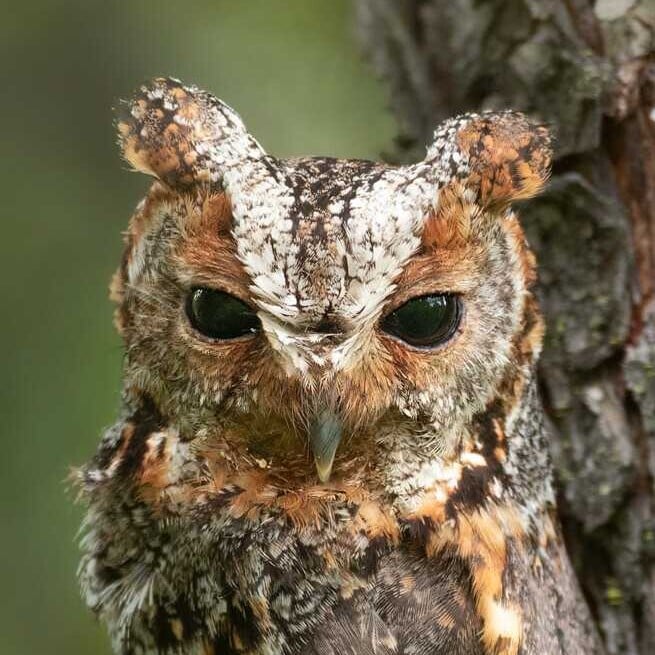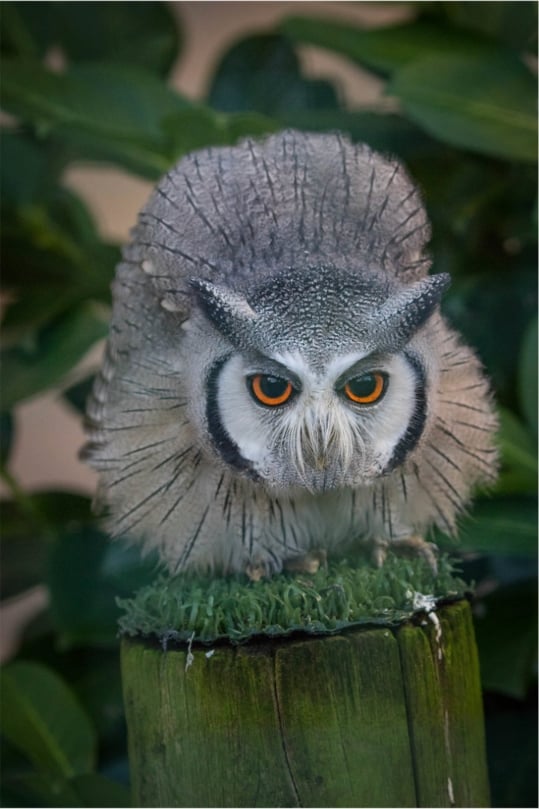I wanted to do a yearend review, both for the new people, since this community has grown so consistently as time has moved on, and for those of us hoo have been here longer can remember some things we might have forget or missed the first time through. It’s been fun sharing things with all of you every day, and I hope you’ve been able to grow your appreciation for our wild world, the animals and plants around us, each other, and our desire for knowledge and to better understand the place we live.
I’ll break this down into sections in the comments to keep this in one thread but allow for easy comments, plus i can add more as I come up with it. I hope you enjoy this look back, and we’ll all be getting busy soon with the holidays, so Happy New Year in advance to all of you.


If you will do more owl-natomy posts (which I would love), then here are some ideas: Owl beaks, Owl necks and how they can turn their heads so well, The digestive system and how they can eat their prey whole.
For the last two I’ve found this article, which has something about both. I found it mainly interesting that it’s apparently not just the number of cervical vertebrae that lets owls rotate their head so well.
Thanks for such a great year for my Owl knowledge!
That is a great article you linked! That’s exactly the type of paper I want to do more “translation” of into more “regular” language.
The part about the cervical vertebrae was very helpful to me, it’s one of the specific things I wanted to learn more about personally. I know a lot of the generalities, but I’m at the point where I want those specific and technical details. These papers are also about the only places to find pictures of this niche anatomy.
I have mentioned crops before, I think when I’ve highlighted vultures, and I’ve kinda avoided pellets, but I do want to do them anyway. I have gotten to see a Great Horned Owl expel her pellet. It’s more like a burp than a cat with a hairball.
I’ll add those things to the list!